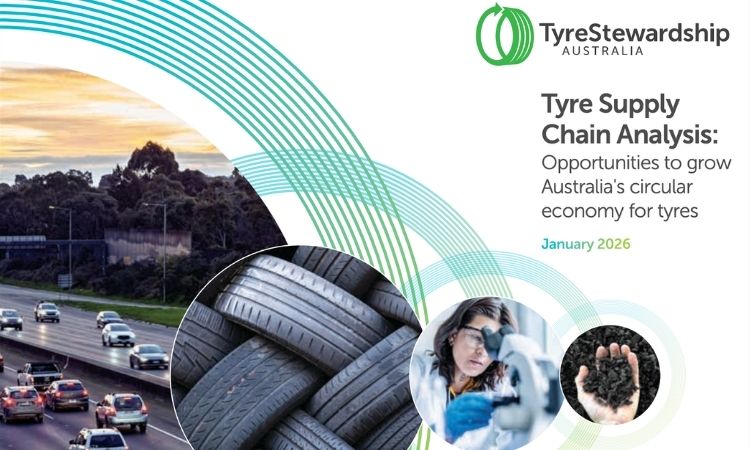Insights on recycled rubber asphalt from the RE-PLAN event
The potential of rubberized asphalt to enhance road durability and sustainability was a key topic at the recent Workshop on Rubberized Asphalt held in Rome on December 4-5. The event, organized by ETRA and ANAS, was supported by the EU-funded RE-PLAN CITY LIFE and LIFE SILENT projects.
One of the highlights of the workshop was a roundtable discussion featuring key stakeholders who explored the challenges limiting the adoption of rubberized asphalt and strategies to overcome them. Insights from this discussion are being systematically analyzed to help shape future initiatives.
Interview with Ettore Musacchi, President of ETRA
— What does the Re-Plan City Life project is about?
— Re-Plan is a Life project, which aims to raise awareness and increase knowledge among Technicians, Public Administration and Stakeholders in a broad sense on the use of materials deriving from tyre recycling. These are materials that are widely used in public works in the fields of roads, railway infrastructure, construction, sports facilities, street furniture, etc. and therefore potentially on a very large market. Often there is no awareness of the techniques and materials and therefore the project aims to increase this knowledge and involve these actors, with a series of activities that are the heart of the project itself.
— Adopting eco-friendly behaviors and practices in urban communities is one of the goals of your association. What is the current picture?
— It is a chiaroscuro photograph: there are public administrations that are extremely motivated, there are extremely sensitive and prepared technicians, and others that are very far from this logic; it is difficult to make an average.
To read the full interview, visit RE-PLAN's website.
Weibold is an international consulting company specializing exclusively in end-of-life tire recycling and pyrolysis. Since 1999, we have helped companies grow and build profitable businesses.









